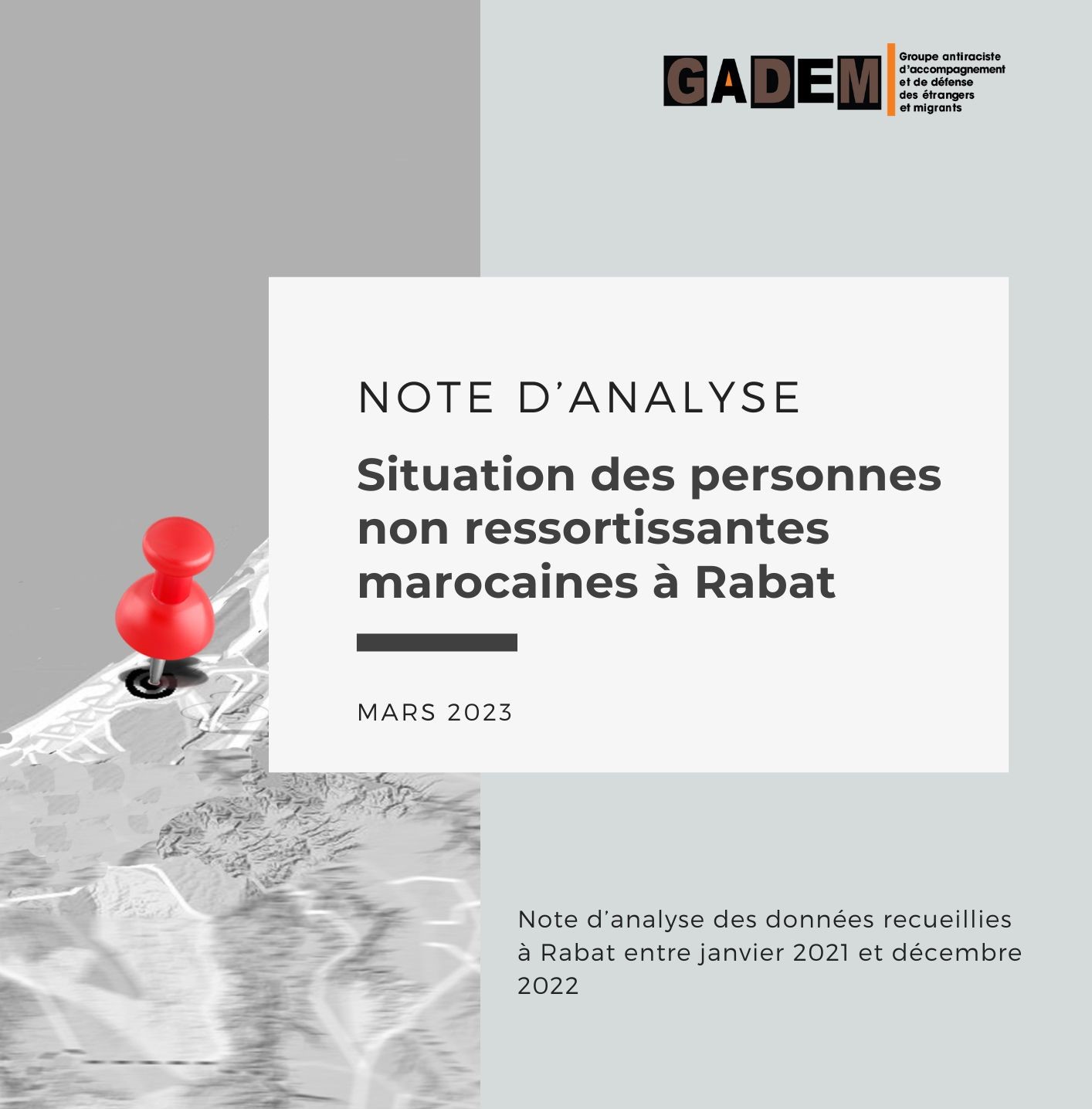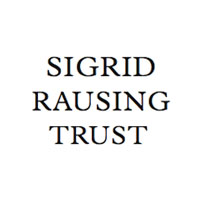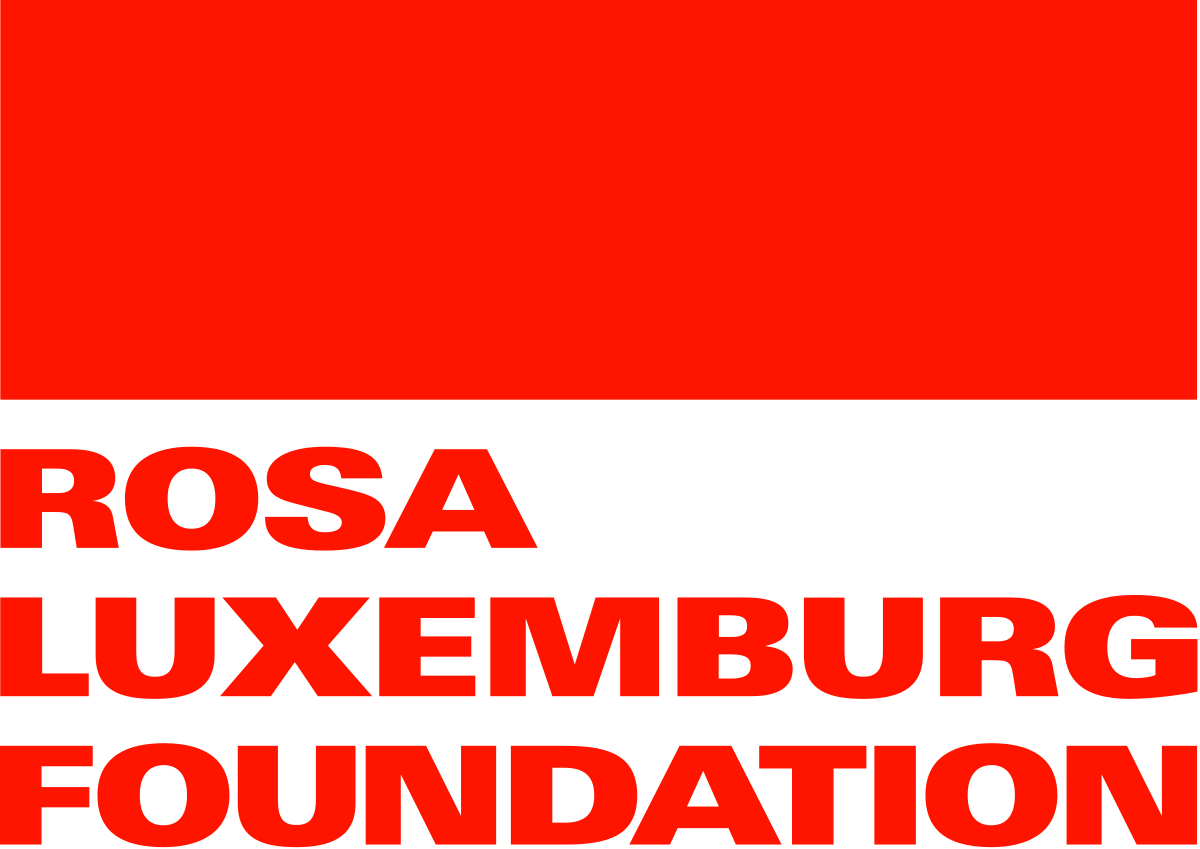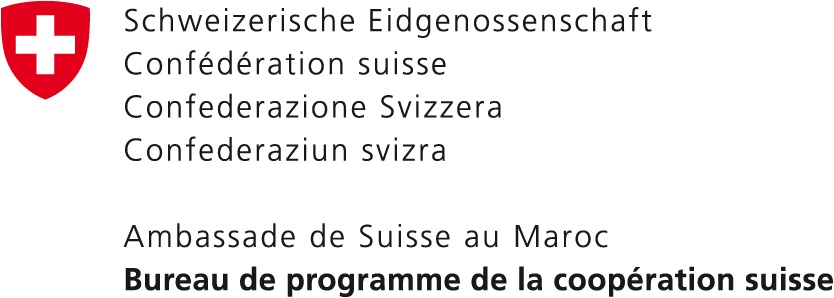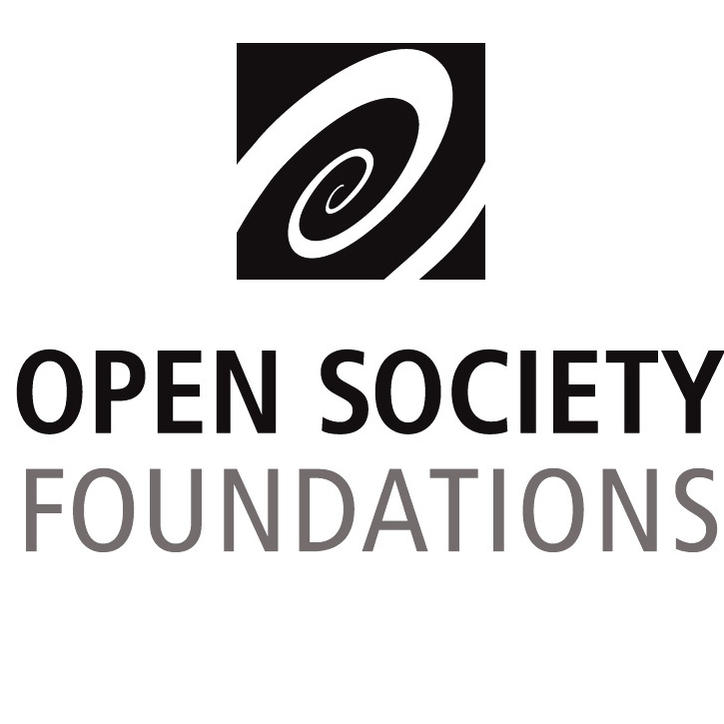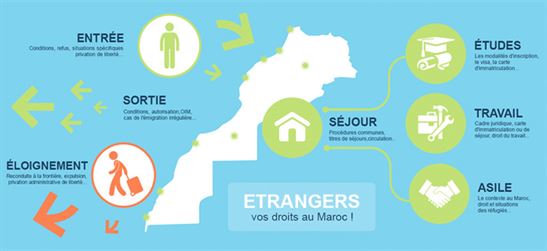Appelez nous : +212 (0)537-770-332
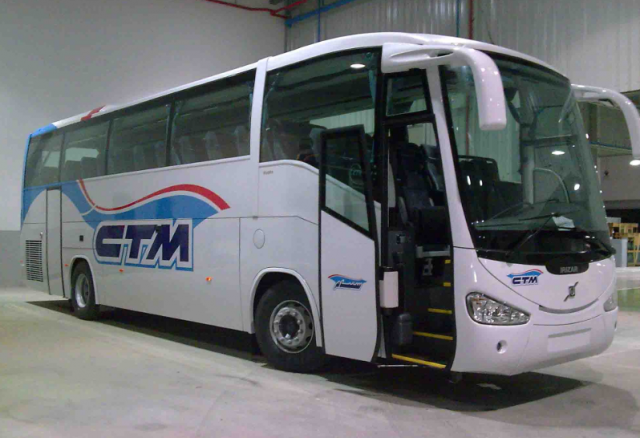
“We insist that our values and ethics go against any type of discrimination.”
30/10/2019 | Rabat – CTM, a popular transportation company in Morocco, has denied reports of a recent move by the company to prevent “undocumented Africans” from travelling onboard its buses to a number of destinations across Morocco.
“Following instructions from authorities+, it is strictly forbidden to sell CTM tickets to Africans who have no Moroccan residency permit,” read a statement that made the rounds yesterday on social media.
The statement, allegedly issued by CTM, appeared to put all “Africans” living in Morocco in the same prejudiced basket of Europe-hungry migrants.
The alleged CTM statement emphatically noted that customer service agents had been told to prevent “this category of travelers,” referring to “Africans,” from boarding buses traveling to Northern and Southern Morocco, two regions known for their proximity to Europe.
In an “official” statement on its Facebook, however, CTM strongly denied having anything to do with the reported ban on sub-Saharan travelers. “CTM denies these facts and declares that the notice is not a CTM document, nor did we issue any note or statement of that type,” the company said of the controversial note.
In North Africa, where there is a longstanding legacy of anti-Black racism, Morocco has long been perceived as a much friendlier and welcoming place for sub-Saharans.
That perception especially increased with Morocco’s King Mohammed VI making it plain time and again that Morocco is “proud” of its African roots. While speaking on the occasion of Morocco’s return to the African Union in January 2017, for example, the Moroccan monarch referred to Africa as “home.”
Read Also: UNODC, EU Launch Project in Morocco to Dismantle Irregular Migration Networks in North Africa
Morocco and pan-Africanism
For a certain period of time, Morocco’s Africa-embracing move was not only rhetorical, as many sub-Saharans, including some undocumented migrants actually seeking to reach Europe, lauded Moroccan hospitality.
“Moroccans are better racists,” one undocumented migrant told MWN last year. The migrant, who was comparing his “unlivable” life in Algeria to his half-decent treatment in Morocco, was evidently making the point that Morocco’s reputation as an exception in North Africa was true to some extent.
But things have gotten a bit blurrier in the past months, with reports of police crackdown on sub-Saharans—documented or not—in cities like Tangier and Tetouan. More still, Morocco’s recent move to impose e-Visas on Malian, Guinean, and Congolese travelers to Morocco, has not been well received by nationals of those three countries, who until then did not need a visa to travel to Morocco.
A number of rights advocacy groups have since lambasted the country for a perceived change of attitudes towards undocumented sub-Saharan migrants. The country has forcibly maintained its “pan-Africanist” and human-oriented migration policy, notably saying that it is not the “EU’s policeman.”
But questions persist. Are Moroccans really different from other North African countries in how they treat ‘black Africans’? Is the country’s professed pan-Africanism slightly overblown by both Moroccan and some sub-Saharan political leaders, in glaring disregard for growing reports of sub-Saharan mistreatment?
As if to answer the resurging question about a well-established but subtle Moroccan racism, CTM’s denial of its alleged racist notice suggested that, as far as the company is concerned, color and race have no bearing on its policies. The statement is emphatic on the company’s “ethics” of treating all “our customers” with respect.
“We insist that our values and ethics go against any type of discrimination. For the 100 years of our existence, our travelers, regardless of their origins, have always been at the center of our attention.”
CTM did not immediately respond to MWN’s request for comments.


